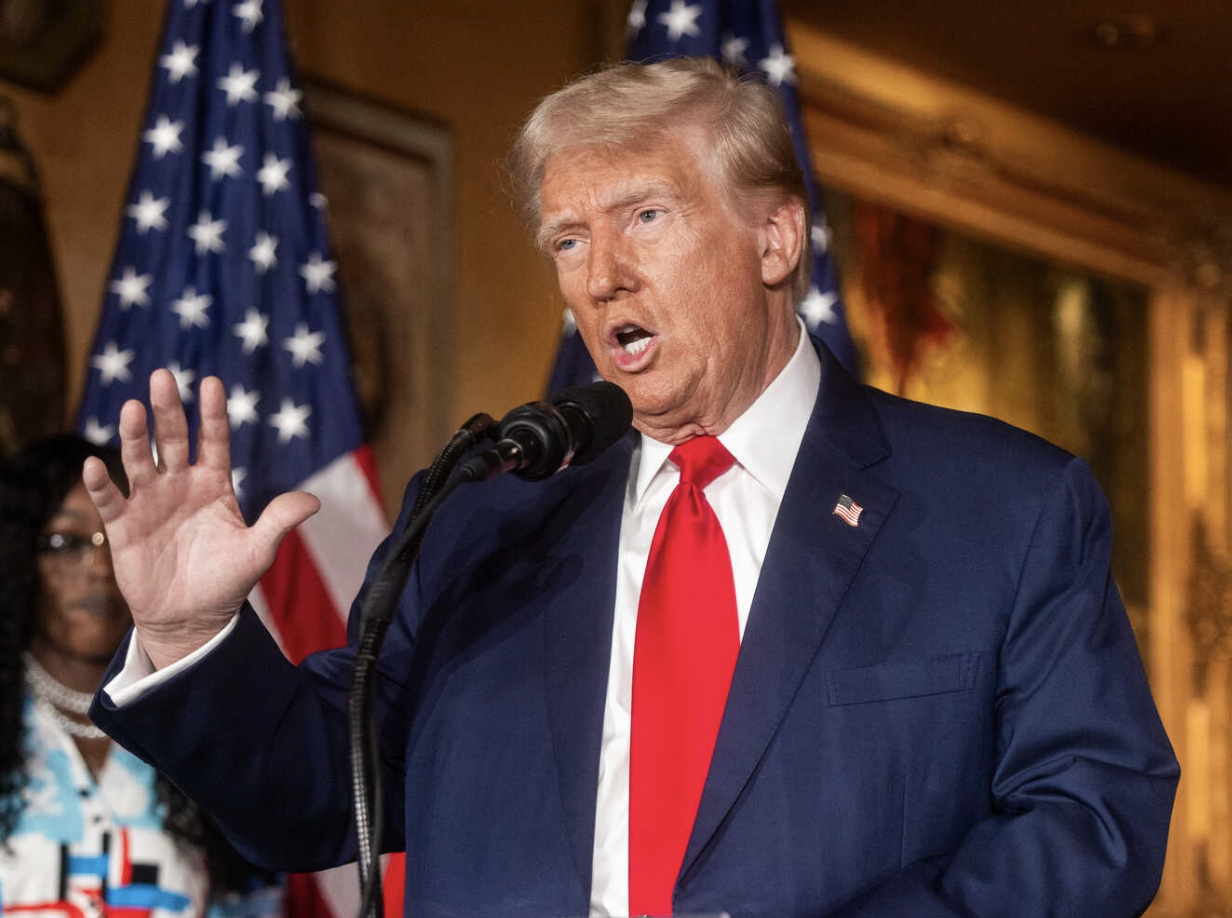Former President Donald Trump is facing a new indictment related to the Capitol riot as special counsel Jack Smith seeks to strengthen the case against him in light of a recent Supreme Court ruling on presidential immunity.
It is DOJ policy that the Department of Justice should not take any action that will influence an election within 60 days of that election – but they just have taken such action. Voting starts on September 6th, therefore the DOJ has violated its own policy – Election…
— Donald J. Trump (@realDonaldTrump) August 28, 2024
Indictment Adjusted After Supreme Court’s Decision
Special counsel Jack Smith has filed a revised indictment against Trump, aimed at reinforcing one of the two ongoing criminal cases against the former president. This move follows a Supreme Court decision that grants “absolute” immunity to Trump from prosecution for specific official actions taken during his presidency. While the core charges remain the same—conspiracy to defraud the U.S., conspiracy to obstruct an official proceeding, obstruction of an official proceeding, and conspiracy against rights—Smith’s team has updated their legal arguments to better align with the Court’s ruling.
The revised indictment, presented to a new grand jury, reflects the prosecution’s effort to comply with the Supreme Court’s guidance. Notably, it removes allegations about Trump’s attempts to use the Justice Department to retain power, specifically involving former acting Assistant Attorney General Jeffrey Clark, who is not cooperating with the investigation contrary to recent rumors.
Trump’s Reaction and Legal Implications
Reacting to the new indictment, Trump has vehemently criticized it as a politically motivated effort to disrupt his 2024 presidential campaign. He reiterated his belief that the special counsel’s appointment was improper and characterized the indictment as a distraction from other national issues, such as border security, inflation, and international threats.
The Supreme Court’s ruling on July 1 has significant implications for the timeline of Trump’s trial. By leaving the interpretation of “official acts” to lower courts, the decision may delay proceedings, potentially pushing any trial beyond the November 2024 election.
Clarifying the Charges and Legal Focus
The 36-page updated indictment simplifies the narrative around Trump’s awareness of the falsehoods in his election fraud claims and underscores his personal stake in the election’s outcome. It highlights his use of social media to promote false claims of election fraud and exert pressure on officials. Furthermore, it specifies that Trump’s speech at the Ellipse prior to the Capitol riot was made at a privately organized event, distancing it from any official capacity.
Smith’s team is challenging Trump’s immunity claim in light of the Supreme Court’s decision, an argument bolstered by support from two lower court rulings. Meanwhile, Trump faces multiple legal challenges, including a pending sentence in a Manhattan case related to hush-money payments, pre-trial motions in Georgia concerning election interference, and an appeal by Smith following the dismissal of a 40-count indictment tied to national security information. Trump has denied all allegations and pleaded not guilty in all cases.
As the legal battles continue, the revised indictment against Trump demonstrates the complexities of prosecuting a former president, particularly under the evolving legal interpretations of presidential immunity and its scope.





